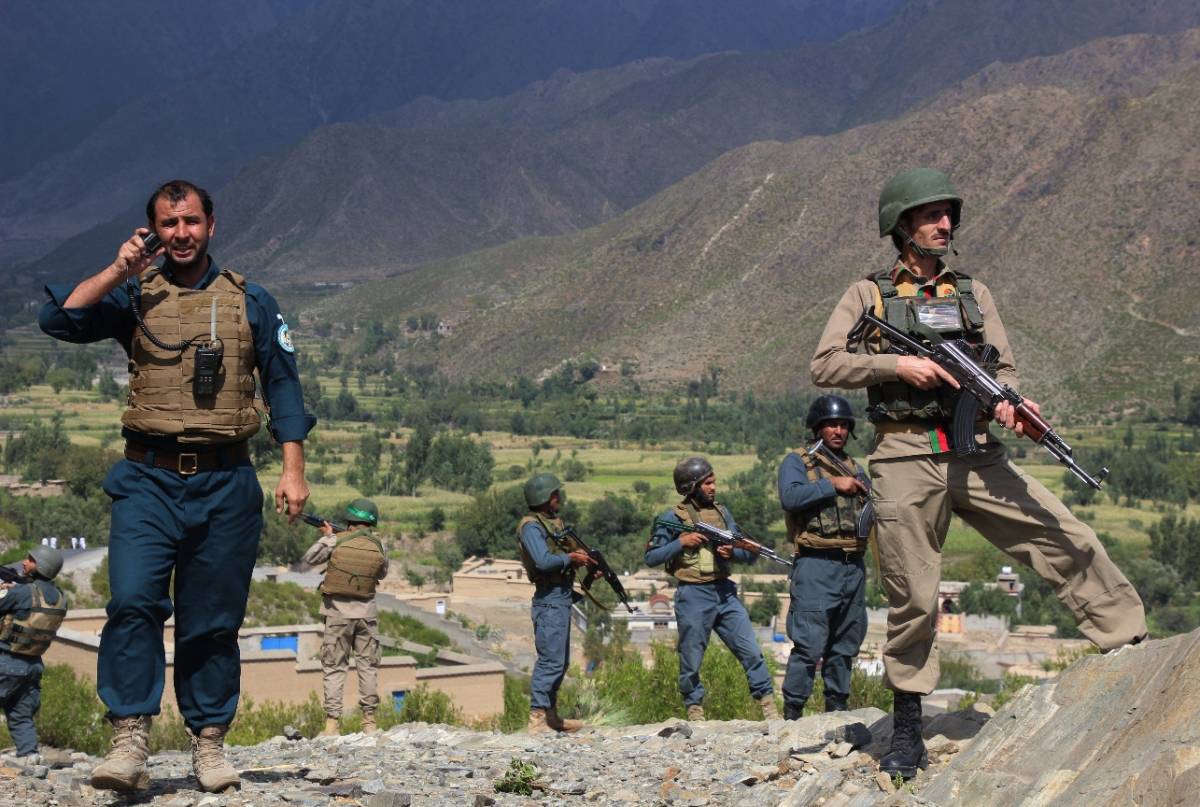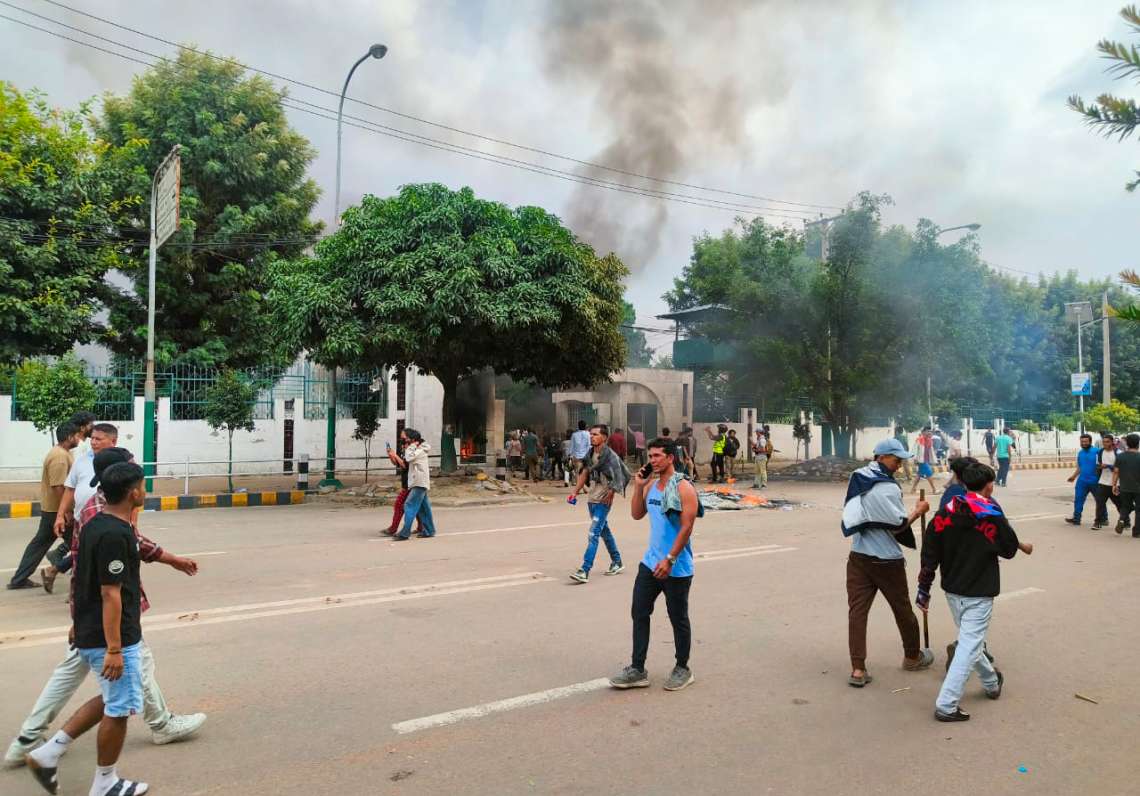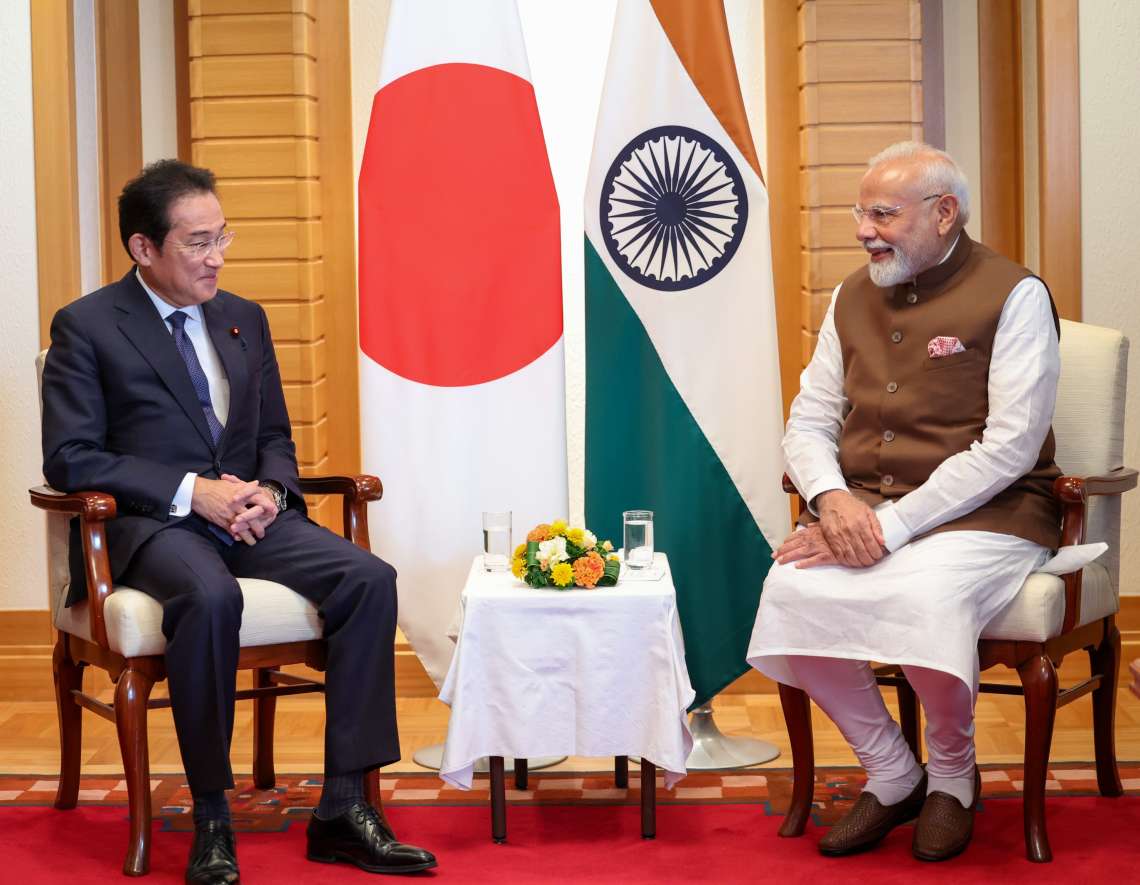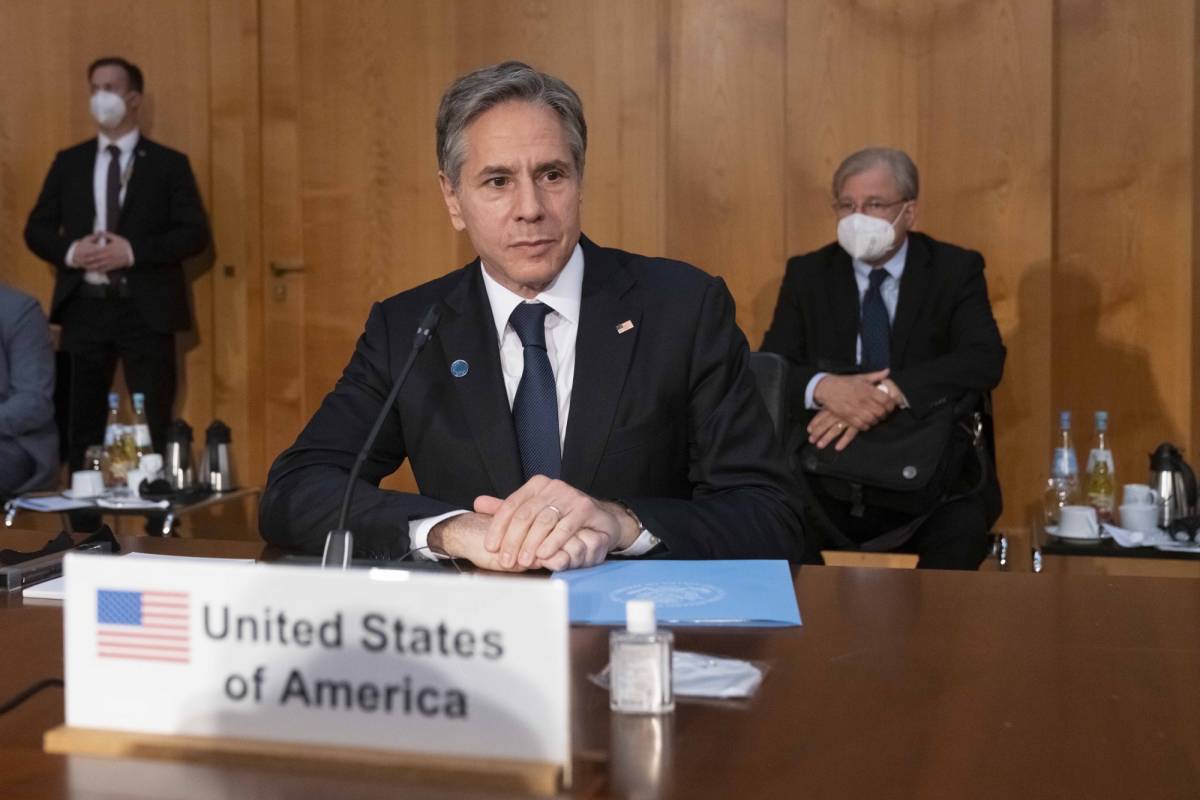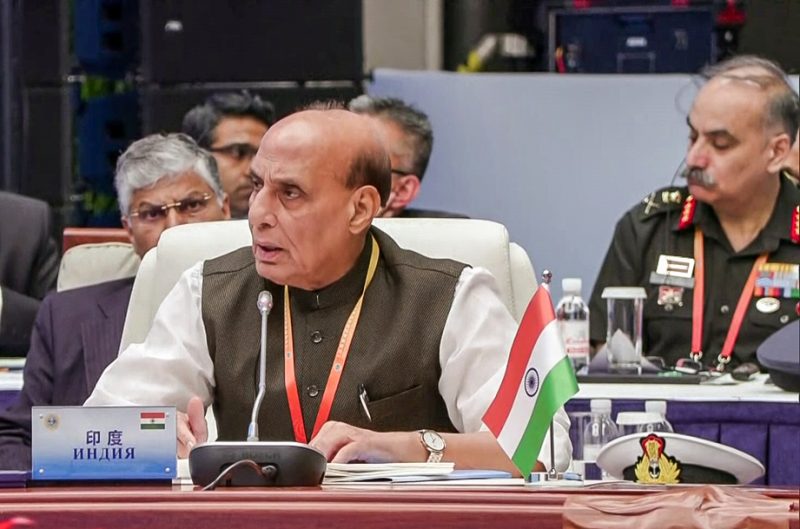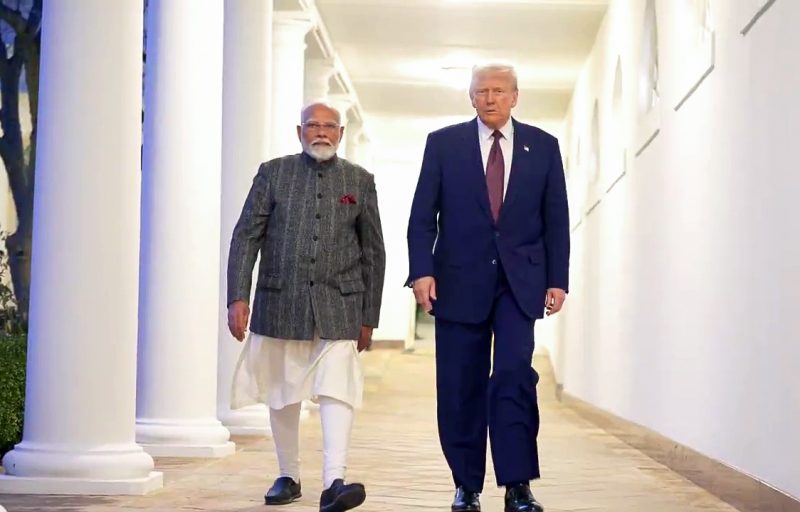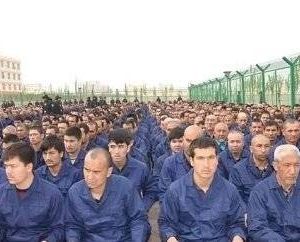In tune with Beijing’s demand, Taliban’s spokesperson Suhail Shaheen publicly announced that Taliban would bar entry of China’s Uyghur separatists in the country, reports Atul Aneja
The broad contours of nexus between China, Pakistan and the Taliban are now visible in plain sight after the militant group has gone public in welcoming Beijings role in Afghanistans reconstruction and guaranteeing that anti-China insurgents are rooted out of the country.
In an interview with the South China Morning Post (SCMP) last week, the Taliban’s spokesperson Suhail Shaheen, sought China’s support for Afghanistan’s reconstruction “as soon as possible”. Shaheen described China as a “friend” and promised to ensure the safety and security of Chinese nationals whose presence would be inevitable if Beijing undertakes projects after Afghanistan’s political transition, where the Taliban could play a dominant role.
“We welcome them (Chinese nationals). If they have investments of course we ensure their safety. Their safety is very important for us,” he said in a telephonic interview with the daily.
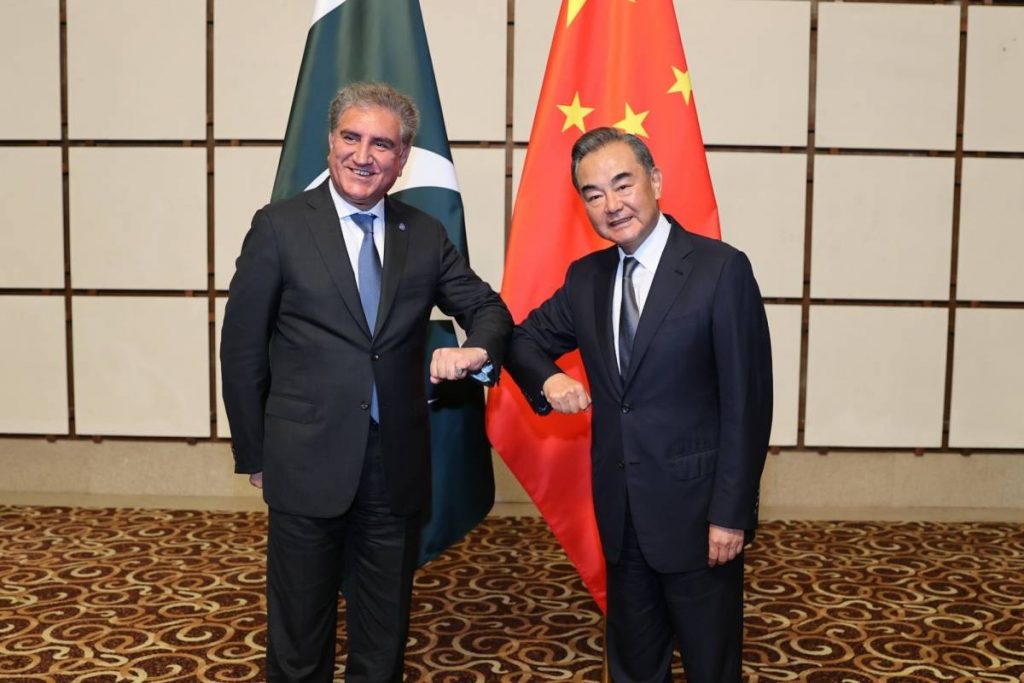
In tune with Beijing’s demand, Shaheen publicly announced that Taliban would bar entry of China’s Uyghur separatists in the country. For China, denial of Uyghur sanctuaries in Afghanistan would be a precondition for its engagement with Afghanistan. The Wakhan corridor that separates Afghanistan from China can be a gateway for Uyghur insurgents to enter the Xinjiang region — the bridgehead of to Beijing’s pan-Eurasian connectivity projects under President Xi Jinping’s signature Belt and Road Initiative (BRI).
China maintains active contacts with the Taliban, and Beijing has already declared that with Pakistan’s support, it is not averse to the group’s political role if it follows the rules. “China, along with Pakistan, is willing to continue support for all parties in Afghanistan to seek a political solution through dialogue that leads to ethnic reconciliation and long-lasting peace,” Chinese foreign minister and state councillor Wang Yi said last week. Wang’s view docks with the Taliban’s recent China-friendly statements.
“We have been to China many times and we have good relations with them,” Shaheen told SCMP. “China is a friendly country that we welcome for reconstruction and developing Afghanistan.”

China has already declared that it was ready to extend the China Pakistan Economic Corridor (CPEC), the flagship of the BRI to Afghanistan, a country super-rich with unexploited minerals.
Afghanistan has the world’s largest unexploited reserves of copper, coal, iron, gas, cobalt, mercury, gold, lithium and thorium, valued at over US$1 trillion, the SCMP reported.
China has also entered Afghanistan’s oil and gas sector. In 2011, the China National Petroleum Corporation (CNPC) secured a 25-year contract to drill three oil fields, containing an estimated 87 million barrels of oil. Apart from the $400 million project, China also has the rights to mine copper at Mes Aynak in Logar province, not far from Kabul, Afghanistan’s capital.
The Chinese gameplan in Afghanistan rides on at least three pivots.
First, China wants to pivot Afghanistan in its direction and dock Kabul with Beijing’s Belt and Road projects. That structural change is possible by extending the China Pakistan Economic Corridor (CPEC) into Afghanistan. Right now, CPEC starts from the Arabian sea port of Gwadar in Pakistan and the heads to Kashgar in China’s Xinjiang province. But it can be further extended into Afghanistan, the gateway to Uzbekistan and the heart of Central Asia.
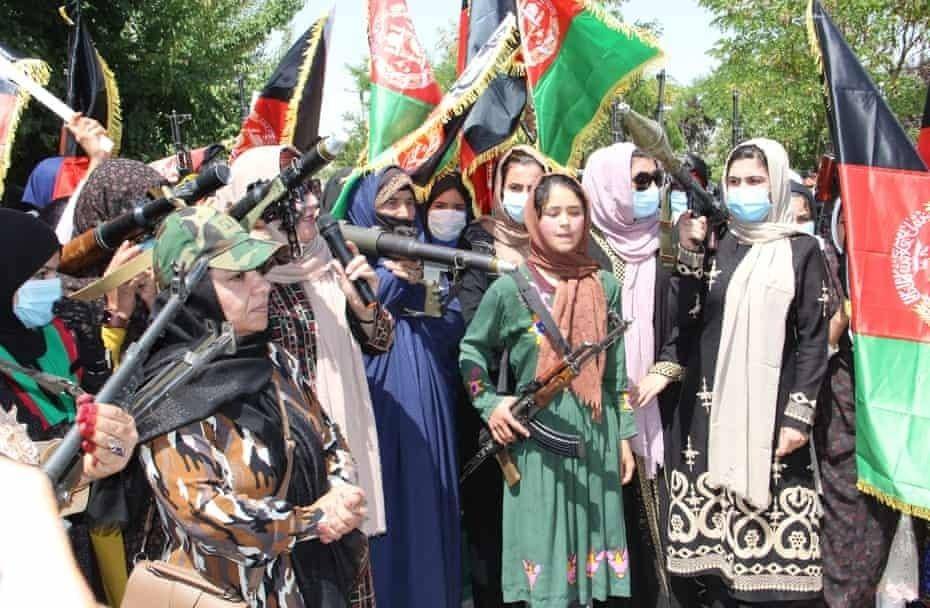
“China wants to extend the BRI network in Afghanistan and has been in contact with the Taliban since 2014. It recently pledged a road network and various energy projects for Taliban in exchange for peace but nothing concrete has been heard from the Taliban,” geopolitical analyst Mark Kinra told India Narrative.
Second, by drawing Afghanistan in new structural networks, the Chinese want to wean away Kabul’s dependence on India and the West, thus, geopolitically positioning the country firmly into Eurasian multilateral structures, such as the Shanghai Cooperation Organisation (SCO).
Third, once Afghanistan enters the “new era,” China is expected to gun for Afghanistan’s vast natural resources. Gwadar and Karachi would become natural gateways for transporting this raw material to industrial hubs, from where they are marketed and sold across the world at high profits.
Pakistan has already declared that it will wholeheartedly back Chinese forays in Afghanistan, including accepting the treatment of Uyghur’s by China, which has been accused of gross human rights violations against them in Xinjiang. “Because of our extreme proximity and relationship with China, we actually accept the Chinese version,” Pakistan Prime Minister Imran Khan was quoted as saying on July 1.
(The content is being carried under an arrangement with indianarrative.com)


